How Industrial Robots are Automating the Pharmaceutical Industry
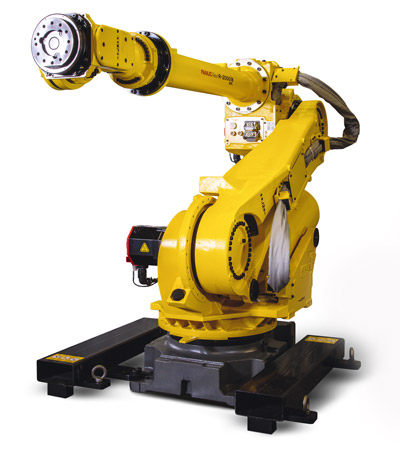
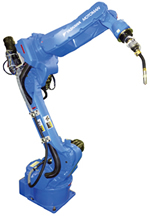
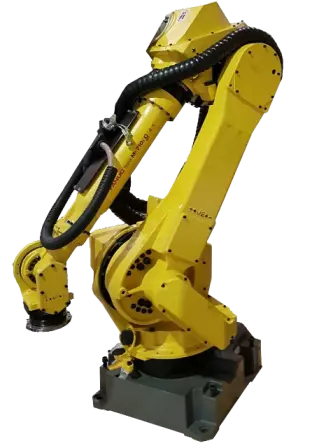
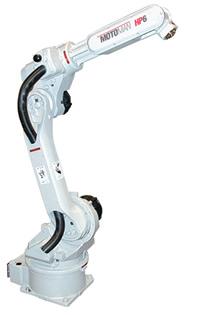
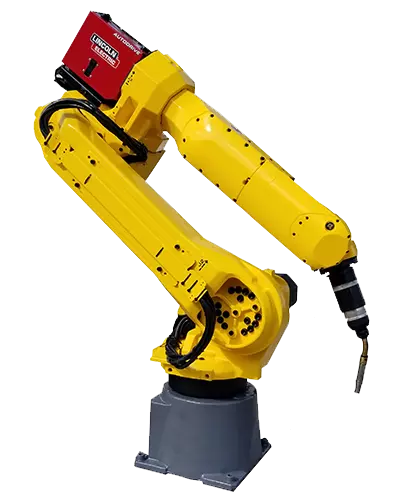
The pharmaceutical industry, like most other industries, was not spared from the challenges of the COVID-19 pandemic. Supply chain disruptions, worker shortages, and operation shutdowns had dire consequences on pharmaceutical companies. Many critical medications and pharmaceutical supplies became scarce while demand skyrocketed. As the world emerges from the pandemic, those in the pharmaceutical industry are taking steps to ensure their operations do not experience those challenges again through the adoption of robotic automation.
Industrial robots in the pharmaceutical industry may sound odd given we are accustomed to hearing about them in places like the automotive sector, but it actually is nothing new. The FANUC LR Mate 200id and other articulated robots have been used for pharmaceutical manufacturing for years. However, growth of robotics has been slow in the industry, but the issues of the past two years has changed that. Pharmaceutical companies are now rapidly adopting industrial robots.
Types of Robots Used in the Pharmaceutical Industry
Articulated, delta, SCARA, and collaborative robot types are all being used to automate the pharmaceutical industry. Most robots operating in the industry are designed for cleanroom operations or have an IP67 rating to prevent contamination from the robot. ABB’s IRB 2600 is an articulated robot that has been used to automate the storage and retrieval of medications.While articulated, SCARA, and delta robots are used to eliminate human interaction, collaborative robots are used to assist human workers. Their smaller size makes them ideal for operating in labs around humans. They feature built-in sensors and speed control ensuring their safe operation around workers. The Universal UR5 can automate repetitive tasks, allowing workers to focus on more critical operations.
SCARA robots are another compact robot that can easily fit into small laboratories. FANUC’s CR-7ia comes in a cleanroom version and is ideal for tasks requiring accuracy and speed.
Applications
Industrial robots in the pharmaceutical industry are being used to automate the following:- • Assembly - Robots are being used for automating assembly processes in pharmaceutical manufacturing such as putting together testing kits.
- • Packing - Robots are automating the packing of individual medications as well as preparing entire shipments of pharmaceuticals.
- • Pick and Place - Pick and place tasks robots are being used for include retrieving medications, sorting bottles, and arranging containers.
- • Machine Tending - Industrial robots are automating machine tending processes such as feeding testing samples into laboratory machines.
- • Dispensing - Robots are even being used for the dispensing of medications. Robots can fill bottles, syringes, or packets.
- • Inspection - Robots integrated with vision are being used to automate inspection tasks. Robots can thoroughly inspect pharmaceutical products ensuring they are free from defects.